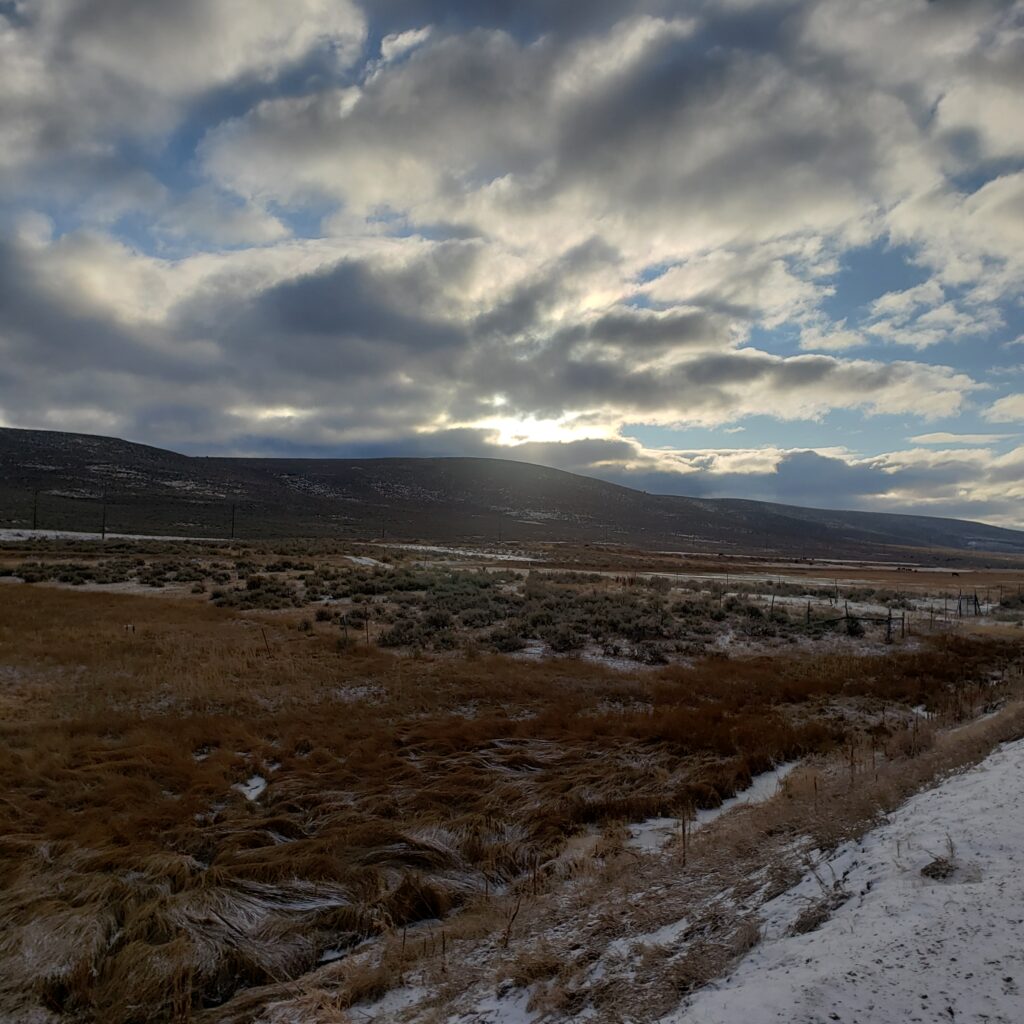Now more than ever, the words we speak, write, and listen to matter. Deeply.
I’m not just saying this as homage to my job as a writer, or to the five years I spent studying for my Masters Degree, or to my childhood self who used to read way past her bedtime. Words have always mattered to me, but I think right now they matter more than ever.
Words define us.
Words are among the first things we hear, long before we are born. At a mere 18 weeks, fetuses can hear sounds, and most of those sounds are words. When we learn how to talk, through the truly miraculous process of speech acquisition, we mimic those around us, using words like “more” and “up” to express our needs. If we are lucky, our parents and caretakers model language for us, talking about what they are doing so we can learn how to express what we are doing.
But we also define words.
It is at this early stage of self-expression that we begin to define which words matter, to us. We learn to speak the words we like, in a way that is meaningful. And we also learn all of the bad habits and inappropriate words that cause anger or surprise or sadness in others.
Lately, though, words seem to have become fungible (that’s one of my favorites). Words are interchangeable, elastic, meaningless somehow. Truth is now subjective; meanings are often misconstrued, and some facts are even alternative to other facts. In this post-truth age, we are suddenly bereft of the actual tools we need to help define our current and future status: the right words. So while “facts are stubborn things,” as John Adams said, facts as described by words have become far too pliable in the 250 years since he penned those truthful words.
It’s 4 am around the world, and right now it looks a little grim.
Yes, it’s dark, and the sun hasn’t risen yet. But I believe we’re at the cusp of a new age, in which facts – and words – will actually come to matter more widely than ever. We are in an oddly similar state to that of the late 17th century, when really big ideas were being really widely questioned: ideas like monarchy and absolute power, the privilege of spiritual views over scientific findings, and even the existence of God. Today, it’s about structural racism, and saving our planet from overheating, and determining if we can work together as a society to improve public health (and many other) systems for all.
But I also believe we’re about to find a whole lot of common ground.
Despite what it feels like right now, just as the Enlightenment came into being, common ground was being found on a massive scale: philosophers like Jean-Jacques Rousseau and John Locke were beginning to agree that people, rather, than monarchs, were better-equipped to govern society. Religious leaders like Cotton Mather (who ardently believed in witches), were advocating for science and new vaccinations to eradicate the smallpox pandemic. (Sound familiar?) And as society struggled to define ultimate power as more than a long-held, patriarchal construct, the Age of Reason dawned, and our modern era was made possible.
Words foment these changes.
As we consider the debate over “Black Lives Matter” and “All Lives Matter,” one need not be a rhetor to understand the difference between “Black” and “All.” By saying “all” we negate the very subject of the cause itself. The word Black matters.
As we watch the planet heat up beyond repair, we can each take actions that – when combined – begin to make a difference. The word Change matters.
And as we witness the casualties from COVID-19 rise across the world, we wonder how a society that evolved from great thinkers like Sir Francis Bacon and Immanuel Kant could turn away from the communal Us, in sole favor of the individual I. The word Us matters.
Words can pave the way.
I refuse to believe that words have lost the power we’ve all given them, over the centuries. Words may be more ubiquitous (another favorite), and more divisive, and even less treasured than in the past, but I refuse to believe they no longer define the truth. It is only with words that we will change how we live, and it is only by recognizing their power that we, in turn, can recognize our own ability to define our future.
As Nicholas Kristof said in his hopeful July 17, 2020 editorial about the 4 am moment we’re all experiencing, “history doesn’t repeat, but it does rhyme.” The dawn will come, we’ll all get back to productivity, and society will keep advancing toward an ideal blend of individual freedom and justice for all. I’m equally hopeful that when the current darkness falls away, the dawn of the next age we create will be more reasoned, more fair, and ultimately more truthful.
For more information about how to use words in a powerful, truthful way, send me an email at [email protected].

